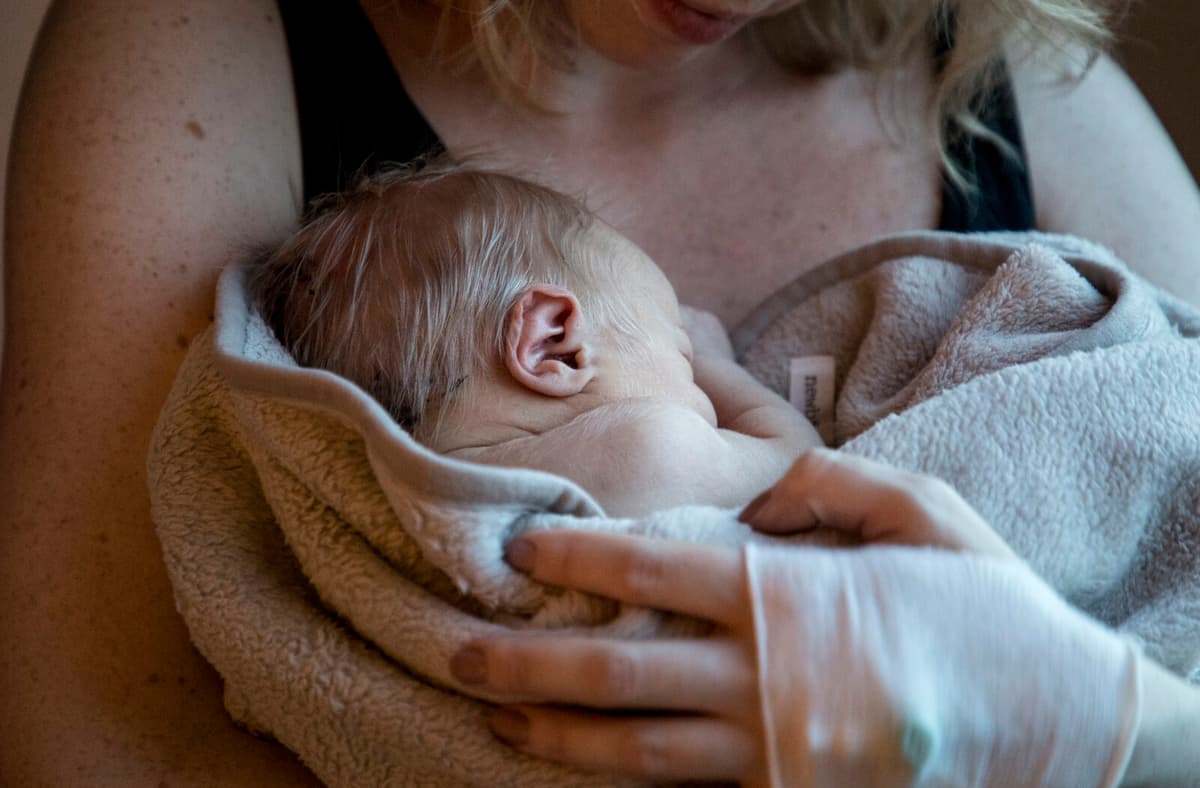Having a complicated pregnancy or a delivery with severe complications can reduce the willingness to have more children, according to a Swedish study.
In light of the fact that birth rates in Sweden have been declining for several years, the researchers behind the study propose better monitoring within maternity care to address the problem.
Stroke and cerebral hemorrhage
The most affected were women who had suffered from heart complications, ruptured uterus or severe mental conditions, who had children to a lesser extent, only half as much as women who had not experienced severe complications, says Eleni Tsamantioti, a doctoral student at the Department of Medicine at Karolinska Institutet and one of the researchers behind the study.
Women who needed respiratory care or who had suffered from stroke or cerebral hemorrhage were 40 percent less likely to have more children.
To rule out that it is due to common family factors, the researchers compared the women with their sisters when available.
Support is crucial
Why women who have experienced complications to a lesser extent than others do not have more children may, according to the researchers, be due to several reasons.
It may be due to medical reasons, reduced desire for more children, trauma, infertility related to psychiatric medication or lack of health counseling. Good support and follow-up within maternity care are therefore crucial for women who have experienced severe illness during pregnancy or childbirth, says Eleni Tsamantioti.
The study included over one million women in Sweden who had their first child between 1999 and 2021. The study has been published in the scientific journal Jama.






